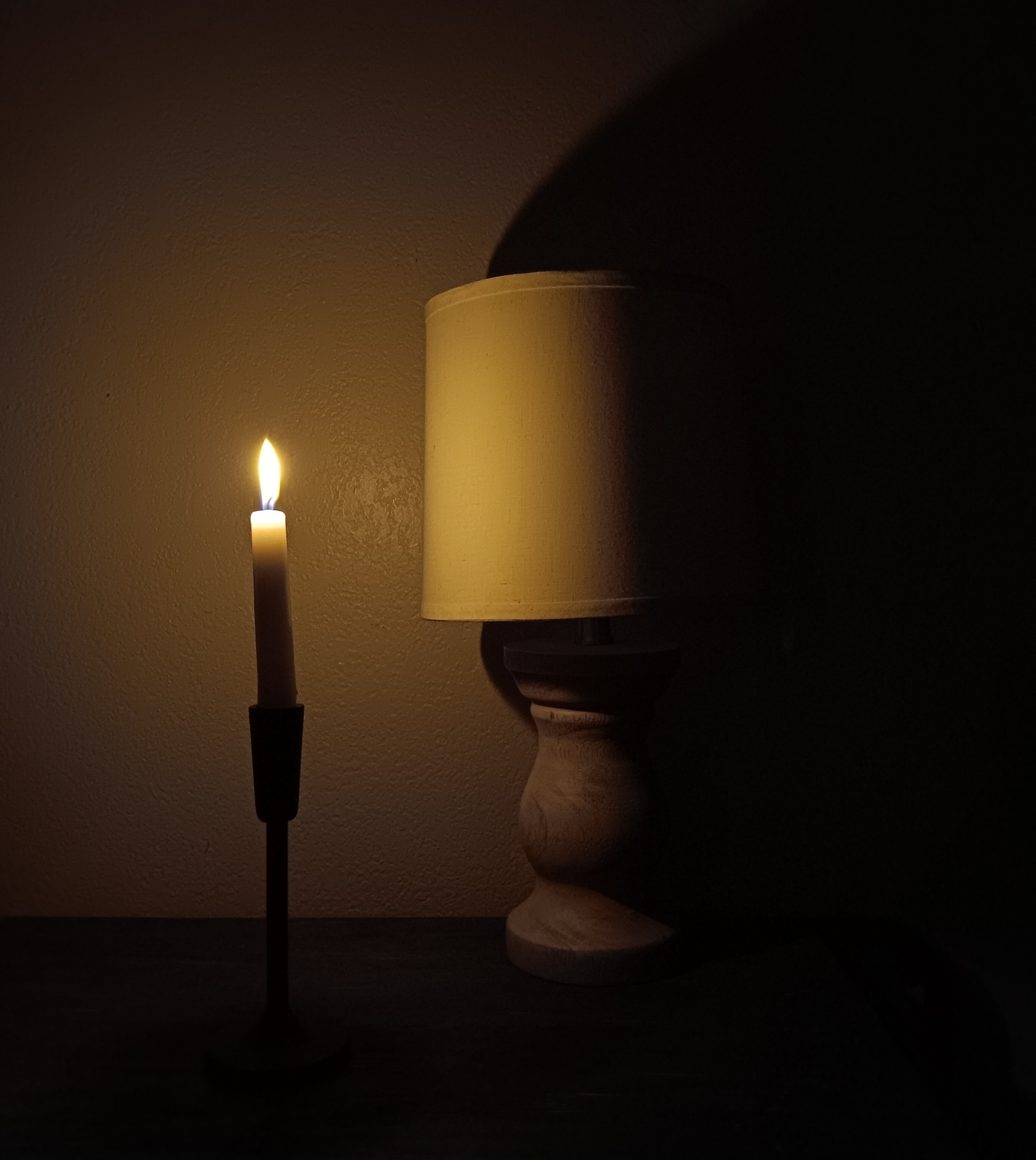



Andrew Bird, Noble Beast

Currently reading: People Skills by Robert Bolton 📚

Finished reading: God in the Dock by C. S. Lewis 📚
Gold, as expected. For an apparently ragtag collection of essays, there are some interesting themes that weave their way throughout this volume. I expect to return here often.
C. S. Lewis, in an essay entitled “First and Second Things”—in which he explores the paradox that “you can’t get second things by putting them first; you can get second things only by putting first things first”—and concluding with these intriguing words with application to our political life:
It is impossible…not to inquire what our own civilization has been putting first for the last thirty years. And the answer is plain. It has been putting itself first. To preserve civilization has been the great aim; the collapse of civilization, the great bugbear. Peace, a high standard of life, hygiene, transport, science and amusement—all these, which are what we usually mean by civilization, have been our ends. It will be replied that our concern for civilization is very natural and very necessary at a time when civilization is so imperiled. But how if the shoe is on the other foot?—how if civilization has been imperiled precisely by the fact that we have all made civilization our summum bonum? Perhaps it can’t be preserved in that way. Perhaps civilization will never be safe until we care for something else more than we care for it.
The hypothesis has certain facts to support it. As far as peace (which is one ingredient in our idea of civilization) is concerned, I think many would now agree that a foreign policy dominated by desire for peace is one of the many roads that lead to war. And was civilization ever seriously endangered until civilization became the exclusive aim of human activity? There is much rash idealization of past ages about, and I do not wish to encourage more of it. Our ancestors were cruel, lecherous, greedy and stupid, like ourselves. But while they cared for other things more than for civilization—and they cared at different times for all sorts of things, for the will of God, for glory, for personal honour, for doctrinal purity, for justice—was civilization often in serious danger of disappearing?
At least the suggestion is worth a thought. To be sure, if it were true that civilization will never be safe till it is put second, that immediately raises the question, second to what? What is the first thing? The only reply I can offer here is that if we do not know, then the first and only truly practical thing is to set about finding out.
Second to what? Indeed, that is the question. If we’re a society devoted to securing second things, then it would behoove us to slow down long enough to at least consider what ought to come first.
C. S. Lewis, in response to a question about how to develop a writing style:
The way for a person to develop a style is (a) to know exactly what he wants to say, and (b) to be sure he is saying exactly that. The reader, we must remember, does not start by knowing what we mean. If our words are ambiguous, our meaning will escape him. I sometimes think that writing is like driving sheep down a road. If there is any gate open to the left or the right the readers will most certainly go into it.













C. S. Lewis, in response to those who find modern Bible translations unsavory:
The only kind of sanctity which Scripture can lose (or, at least, New Testament scripture) by being modernized is an accidental kind which it never had for its writers or its earliest readers. The New Testament in the original Greek is not a work of literary art: it is not written in a solemn, ecclesiastical language, it is written in the sort of Greek which was spoken over the Eastern Mediterranean after Greek had become an international language and therefore lost its real beauty and subtlety. In it we see Greek used by people who have no real feeling for Greek words because Greek words are not the words they spoke when they were children. It is a sort of ‘basic’ Greek; a language without roots in the soil, a utilitarian, commercial and administrative language. Does this shock us? It ought not to, except as the Incarnation itself ought to shock us. The same divine humility which decreed that God should become a baby at a peasant-woman’s breast, and later an arrested field-preacher in the hands of the Roman police, decreed also that He should be preached in a vulgar, prosaic and unliterary language. If you can stomach the one, you can stomach the other. The Incarnation is in that sense an irreverent doctrine: Christianity, in that sense, an incurably irreverent religion. When we expect that it should have come before the World in all the beauty that we now feel in the Authorised Version we are as wide of the mark as the Jews were in expecting that the Messiah would come as a great earthly King. The real sanctity, the real beauty and sublimity of the New Testament (as of Christ’s life) are of a different sort: miles deeper or further in.